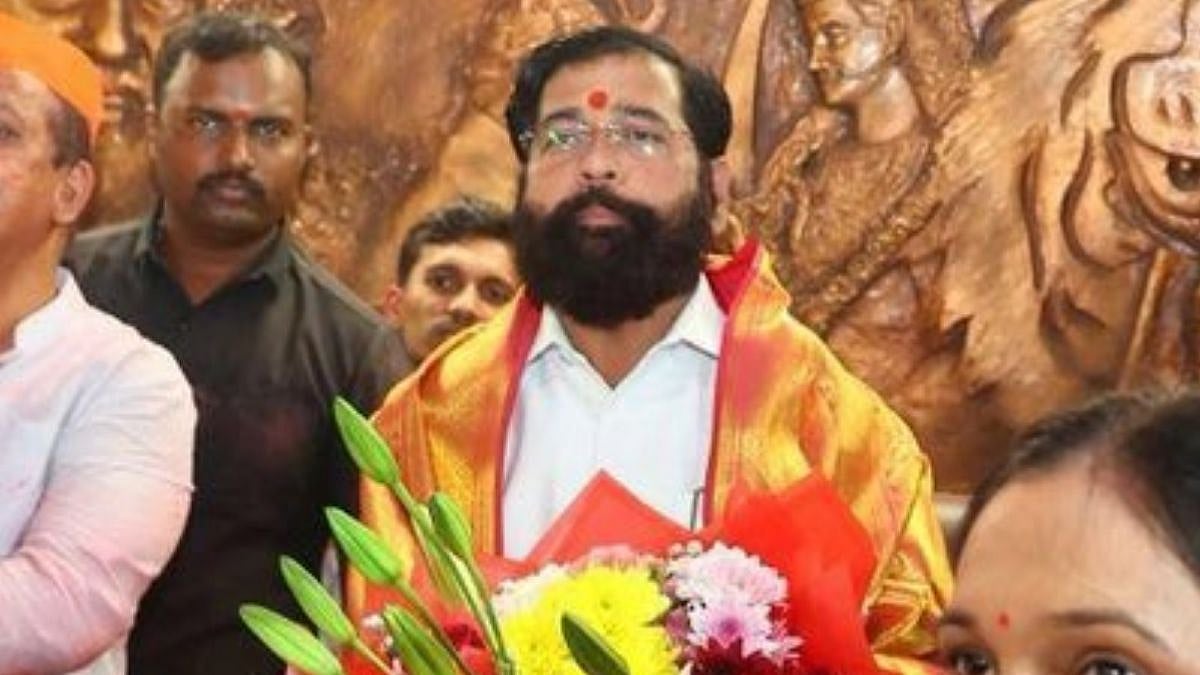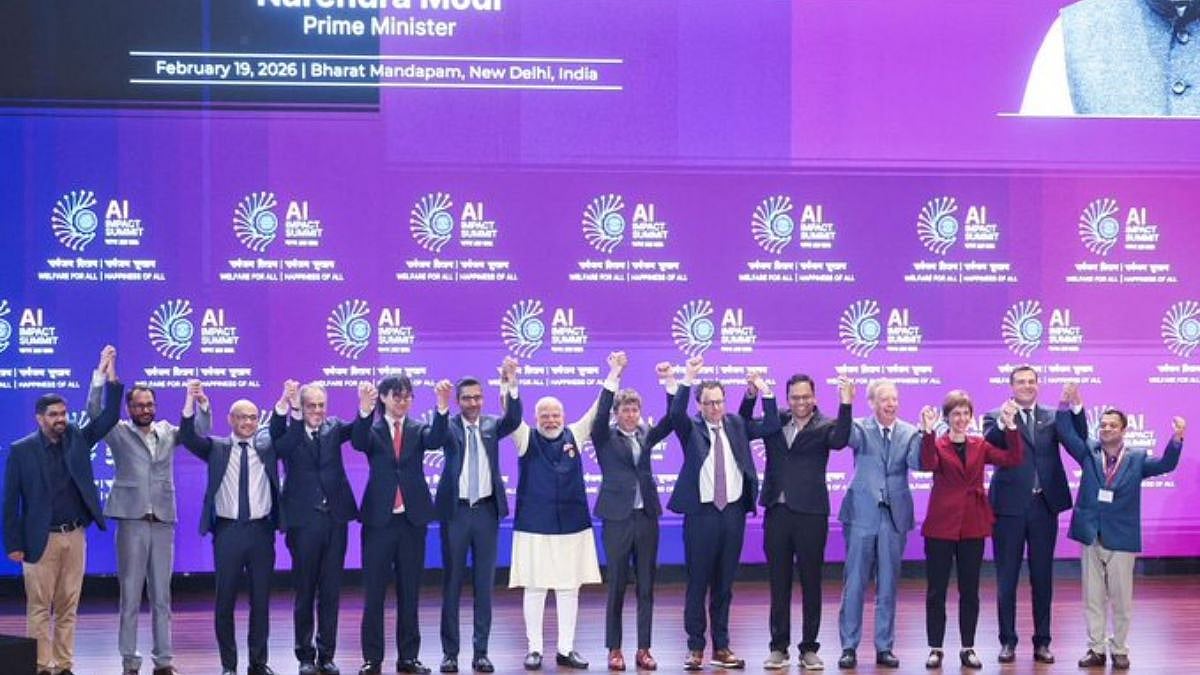The Union Budget was presented by Finance Minister Nirmala Sitharaman on July 23. The budget and its speech were largely focused on the tenets of Youth, Skilling and employment. One of the highlights of the budget was the apparent tweak that was made to the existing tax regime.
I'm Middle Class Too
The new tax regime, according to the FM, was made to incentivize the middle class.
Post-budget, many have opined that the middle class in the country have not been given enough in the budget. In an interview with the Times Now's Navika Kumar, the FM defended her budget and the government.


When asked about the disillusionment faced by the middle class in the country, through the the taxation system, FM responded and thereby defended the budget by pointing out the upgraded new tax regime. | Twitter: @ficci_india
When asked about the disillusionment faced by the middle class in the country, through the the taxation system, FM responded and thereby defended the budget by pointing out the upgraded new tax regime.
In essence the new tax regime allows individuals with an income of more of Rs 7 lakh will be out of the taxation ambit.

The updated new tax regime. |
The FM deemed the simplification of the taxation system a means to bring relief to the middle class. Sitharaman went a step ahead and said, "Even I come from a middle-class family".
She went on the defensive system and said, "with all due respect," and said the citizens should compare the pre-GST regime when people apparently paid for essential items with the tax system, which was more convoluted than the current system.
Simplification Of Tax
Sitharaman went back to the previous government and the tax regime that was in a place and said that people purchased essential items while paying different taxes.

According to Sitharaman, the simplification of the taxing system, especially in the advent of the Goods Services Tax or GST had made the system more accommodating of the system.
The FM, however did not counter the question regarding how the system is leaving the larger tax-paying paradigm, without any incentive to contribute. This was also in reference to the increased tax rates on Long Term and Short Term Capital gains.




